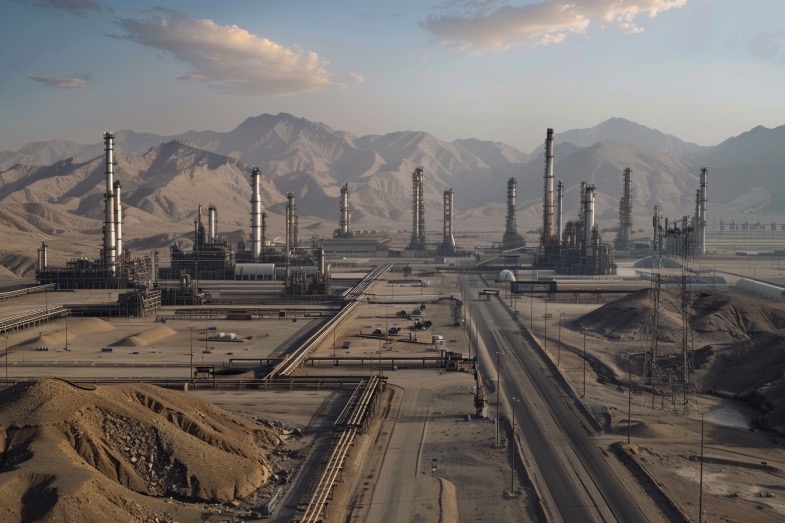Chinese Refineries Shift Focus to Russian Crude Amid Tariff Fallout
In a strategic move, Chinese refineries have pivoted their attention to Russian crude oil, placing new orders that will be shipped from ports typically utilized by India. This shift comes as demand for Moscow’s crude wanes in India following US President Trump’s implementation of tariffs.
Analysts have confirmed that Chinese refineries have secured at least 15 cargoes of Russian oil for delivery in October and November. This development marks a significant change as China and India had emerged as the top buyers of Russian oil post-Moscow’s 2022 invasion of Ukraine, which led Western countries to boycott its exports.
Trump’s threat in July to impose secondary tariffs on countries importing Russian oil to pressure Moscow into ending the conflict in Ukraine had repercussions on India. The recent additional 25% tariff on Indian exports to the US, specifically for Russian oil and gas imports, prompted India to drastically reduce its purchases.
Muyu Xu, a senior crude oil analyst at Kpler, revealed that Chinese state-owned and large private refiners have already procured around 13 cargoes of western Russian crude for October delivery and at least two for November. These cargoes, typically ranging from 700,000 to 1 million barrels each, will be loaded from Russia’s Arctic and Black Sea ports, ports that are normally linked to India due to geographical proximity.
Xu characterized China’s buying spree as an “opportunistic” move driven by the price advantage of Russian oil, which remains at least $3 per barrel cheaper than Middle Eastern alternatives. She also highlighted the ongoing pressure on India from Trump as a factor influencing China’s decision to capitalize on the current market conditions.
Despite speculation surrounding potential retaliatory tariffs from Trump, Chinese refiners are expected to continue exploiting the favorable prices of Russian oil in the coming weeks. Xu predicted that more refineries in China will likely increase their purchases, especially with uncertainties looming over India’s stance on Russian imports.
Before the recent cuts, Russian supplies accounted for 36% of India’s crude oil market, making it the largest source of crude for the country. On the other hand, China has also ramped up its imports of discounted Russian oil post-Ukraine invasion, with Russia now providing 13.5% of China’s crude imports.
Xu cautioned that China is unlikely to fully compensate for the decrease in India’s purchases, given the significant volume disparity between the two countries. India buys around 1.7 million barrels per day from Russia, while China’s seaborne imports stand at approximately 1.2 million barrels per day.
“If India continues to hold off on purchases, Russia may face challenges as China alone cannot absorb all of India’s volume,” Xu warned. The evolving dynamics in the global oil market underscore the intricate balance of power and trade relations between major players like China, India, and Russia.



